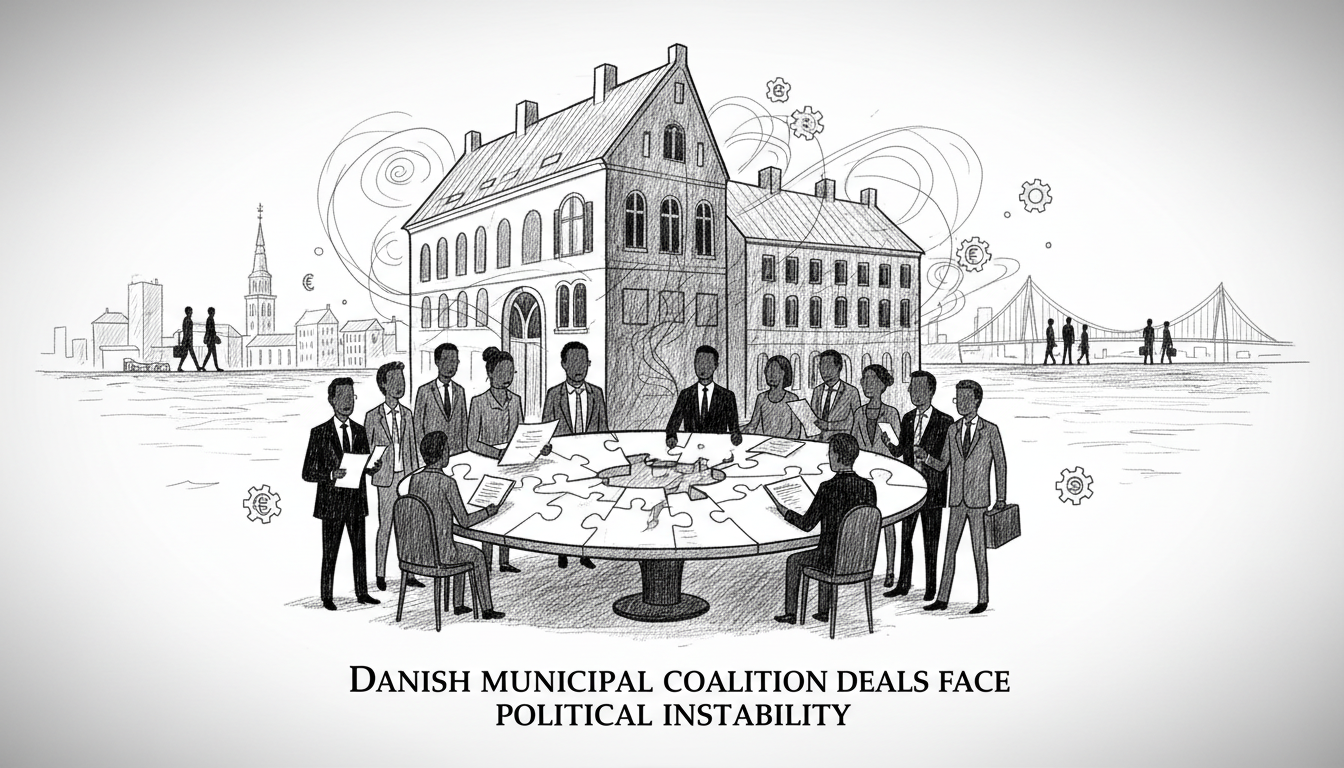Danish municipalities continue facing political instability during coalition negotiations despite past government studies showing legal solutions remain ineffective. Recent local elections triggered broken agreements and shifting mayor positions across multiple councils. Researchers confirm this pattern matches findings from a major government investigation conducted over a decade ago.
Political scientist Roger Buch from Denmark's Media and Journalism School states the fundamental issue persists. He says we must accept that wild political maneuvers occur in approximately 10-20 of Denmark's 98 municipalities during each election cycle. The Copenhagen-based expert emphasizes this reflects basic democratic principles rather than legislative failures.
Current Danish political procedures allow municipal councils to hold constitutive meetings between December 1-15 where coalition agreements become binding. University of Copenhagen election researcher Kasper Møller Hansen recently suggested shortening this negotiation window to prevent party switching. Similar proposals were thoroughly examined following the 2009 municipal elections without success.
The comprehensive 2012 study conducted by the Interior and Economy Ministry alongside Local Government Denmark reached clear conclusions. Regulations cannot limit individual council members' freedom without violating core democratic values. The investigation covered all municipalities and potential legal changes.
Researchers found the current system generally functions well since most municipalities complete coalition formations without issues. The study noted only limited cases of problematic negotiations despite occasional negative media coverage. Instead of legislative changes, authorities recommended municipalities develop codes of conduct for coalition formation.
Few municipalities actually implemented such voluntary guidelines according to follow-up assessments. This demonstrates the challenge of addressing political behavior through non-binding measures. The situation particularly affects business communities in Copenhagen and the Øresund region where political stability impacts investment decisions.
International companies monitoring Danish business news should understand this political dynamic represents an embedded feature rather than a system failure. The Copenhagen stock exchange and regional trade typically weather these temporary political fluctuations without major economic impacts. Danish renewable energy projects and export sectors continue operating normally during coalition negotiations.
Political stability remains strong in most Danish municipalities despite headline-grabbing exceptions. The system's resilience demonstrates why Denmark maintains its position as a reliable trading partner and investment destination. Business leaders recognize that temporary political maneuvering rarely affects long-term economic fundamentals.

